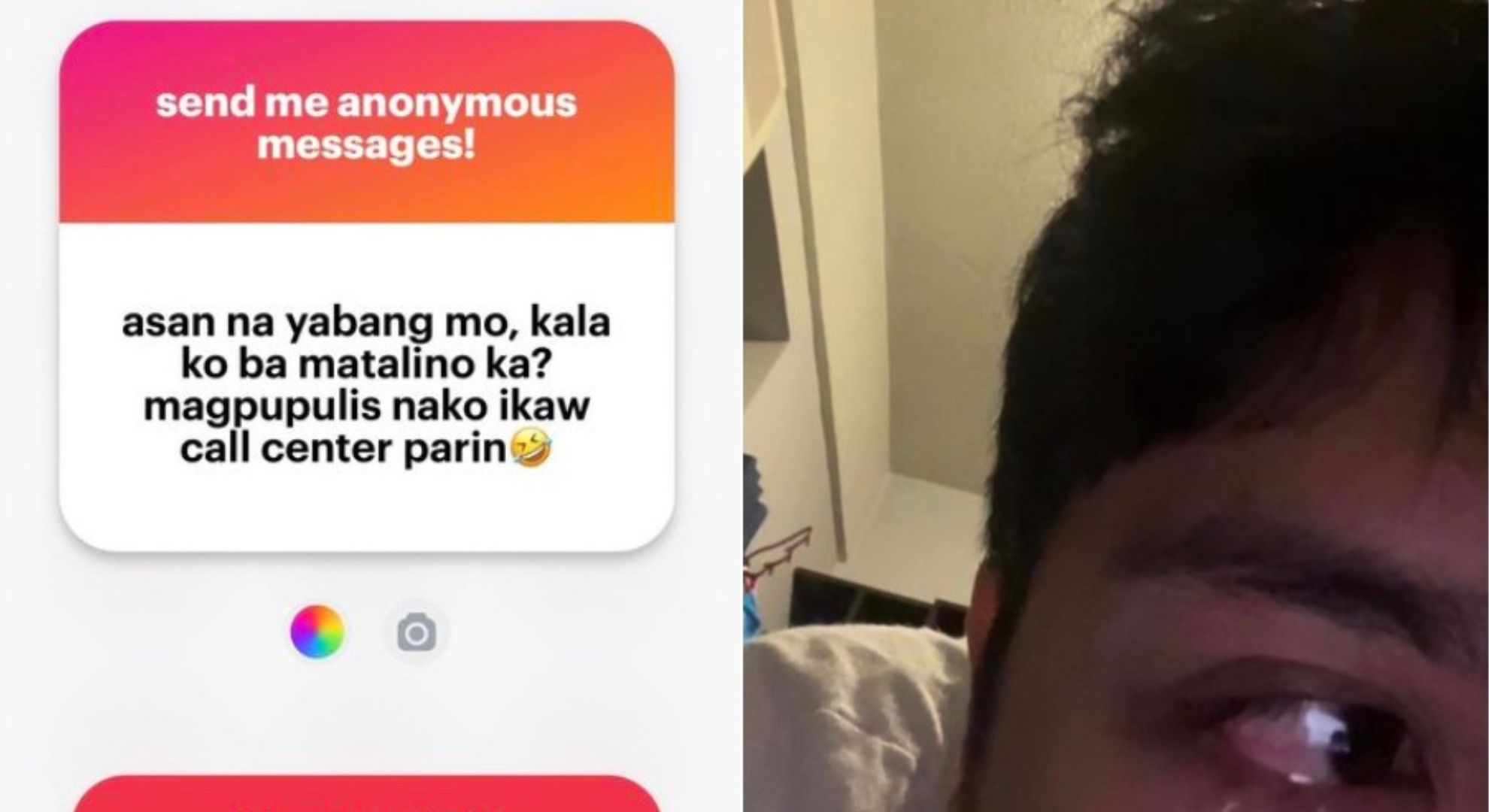Filipinos are outright focused on diligence and perseverance when it comes to being successful in life, “sipag at tiyaga lang, matutupad mo lahat ng gusto mo,” regardless of how you get there as long as you’re trying, you can get there… somehow.
But we tend to overlook the factors relating to achieving such success; Is diligence and perseverance really the only thing we need to land our desired career? Can it help us pass the entrance exams for our preferred schools? Does it even open opportunities for us? Perceived answer: YES!
However, it really doesn’t, when we factor in privilege.
Take for example college admissions, or education in general. Studying hard doesn’t always equate to being admitted to high-quality schools and getting a high-quality education – but privilege does.
Having the privilege of being born into a middle-class or upper-class family will somewhat give you an assurance of good education, from pre-school to senior high school, your foundation is already rock solid – what’s only waiting is college admission, but don’t worry because your choice is unlimited and that capability to choose your school is a privilege.
Just recently, a young online user’s post went viral on Facebook after he shares an acquaintance’s comment regarding his career/job. “Magpupulis na ako, ikaw call center pa rin,” the comment reads. OP responded through the post’s caption saying, “You probably are way ahead of me right now, and that only is because you are more privileged than I am, that your parents are capable of sending you to college and mine wasn’t.”
Given this situation, let’s take into perspective those who were born in lower-class families–chances are they’ll be studying in public schools where they’ll be studying inside cramped classrooms because that’s just how public education works in the country, it’s limited for an overpopulated country.
With the government’s help, they might be able to enroll in a private school during their Senior High School, but how would you expect them to pay for the other expenses of a private school? From uniforms to textbooks and even technologies used in other schools for their curriculum – it all becomes expensive.
The parents may suffer because of this, but it can also impose pressure on the students to think about the financial situation of their family instead of just studying.
It only gets worse as they try to enter college. The K-12 curriculum was made in hopes that students can find jobs after finishing their Senior High School, even without getting a degree. But really, how is it going for most students now as most businesses still require a degree for employment?
As such, choosing a course in college became much more of a practical choice rather than an “I want to pursue this as this is my desired path” course.
It became limited for those who are not privileged, unlike other people.
Most students will choose courses that are perceived to have a job that pays well instead of a course that they really desire. In the Philippines, the optimal course of choice is always related to medicine, business & financing, and engineering & architecture. Courses related to the arts are often overlooked as it is a career that isn’t given importance in the country – meaning, it doesn’t pay well.
And money is important when sustaining a family, especially if you’re the breadwinner.
However, it doesn’t just end there, privilege also comes in handy when it comes to choosing schools. Some may choose elite schools such as the University of the Philippines, Ateneo de Manila University, De La Salle University, or the University of Santo Tomas – however, these choices are only for those who can excel academically and those who can actually afford the cost of studying there.
For those who are in neither of those categories, they tend to choose what they can afford and to which institution they passed – and most of the time they try their hardest to do so.
It’s a privilege not to worry about your tuition fees, most students tend to work as they study just to sustain their education, and at times sacrifice their education just to make ends meet.
At last, graduation, if you think you’ve gotten away from the influence of privilege… well… you’re not. It is important to note that privilege isn’t always about money, it could be connections, physical attributes, gender, race, ethnicity, and language, the more favorable you are, that’s privilege – and that privilege equates to more opportunities, opportunities that you got because you are privileged.
So, if you think that everyone has the capacity to pursue their dreams, you might just have your privilege checked.
Other POP! stories that you might like:
Juan Luna’s long-lost painting finally unveiled after 132 years
Sharon Cuneta teases upcoming film with Alden Richards
Some relevant and relatable, while some recycled: 2023’s best RP612 posts
Higher pay this, lower pay that. Maybe fight worker exploitation instead?



